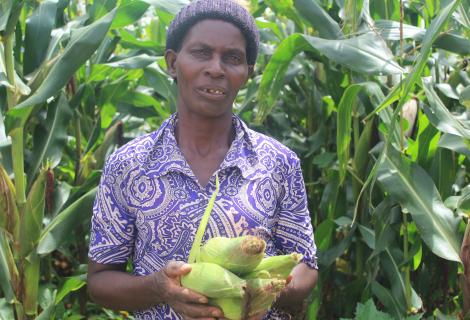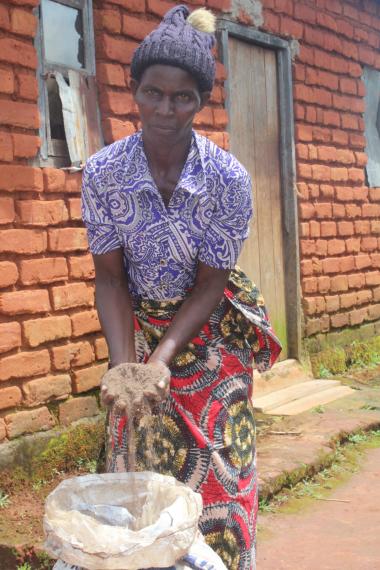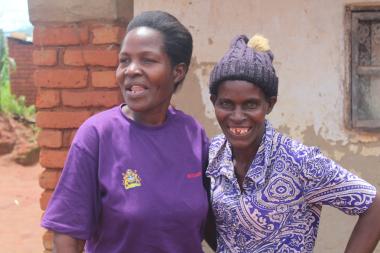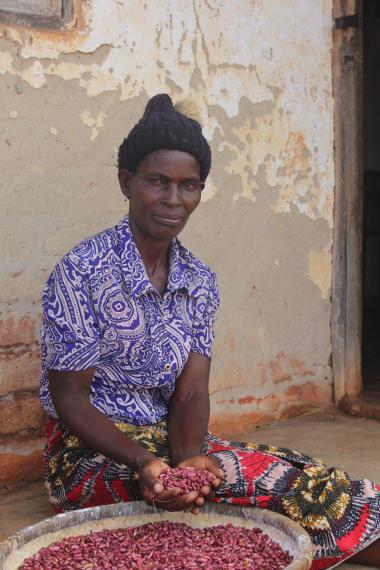Agroecology spurs livelihoods among Khosolo smallholder farmers

Disruptions of the global markets caused by the Russia-Ukraine war, climate induced disasters and the long shadow of Covid-19 have pushed the prices of commodities beyond the affordability of most citizens living in poverty.

One such commodity which witnessed a sky-high rise is the fertilizer, a farm input that accounts for production of maize in the country. In Malawi, the price of fertilizer more than tripled the last three years. Consequently, most smallholder farmers including those in Khosolo Local Rights Programme could not afford the commodity. This resulted in hunger and fragile livelihood capacity of most of the farmers.
In response to the challenges, ActionAid Malawi through its local partner, Khosolo Women Forum has been building the capacity of smallholder farmers in climate resilient interventions such as agroecology. Specifically, ActionAid Malawi and its local partners have been supporting the training of smallholder farmers in organic fertilizer making. The intervention is meant to shield farmers from the rising cost of inorganic fertilizer and protect the soil from the soil-harming chemical fertilizers. A total of about 500 smallholder farmers have benefitted from the organic fertilizer manure making.
One such beneficiary is Catherine Banda from Gwazeni Village in Khosolo, Mzimba. Catherine's farming has been thriving through religious application on knowledge in agroecology, enabling her to produce more food for consumption and sale to meet family needs.

ActionAid Malawi and local partners have been upscaling agroecology among smallholder farmers as a contribution to systems change for climate justice in all its local rights programs namely; Rumphi, Khosolo, Mchinji, Dedza, Chiradzulu, Phalombe and Nsanje.
